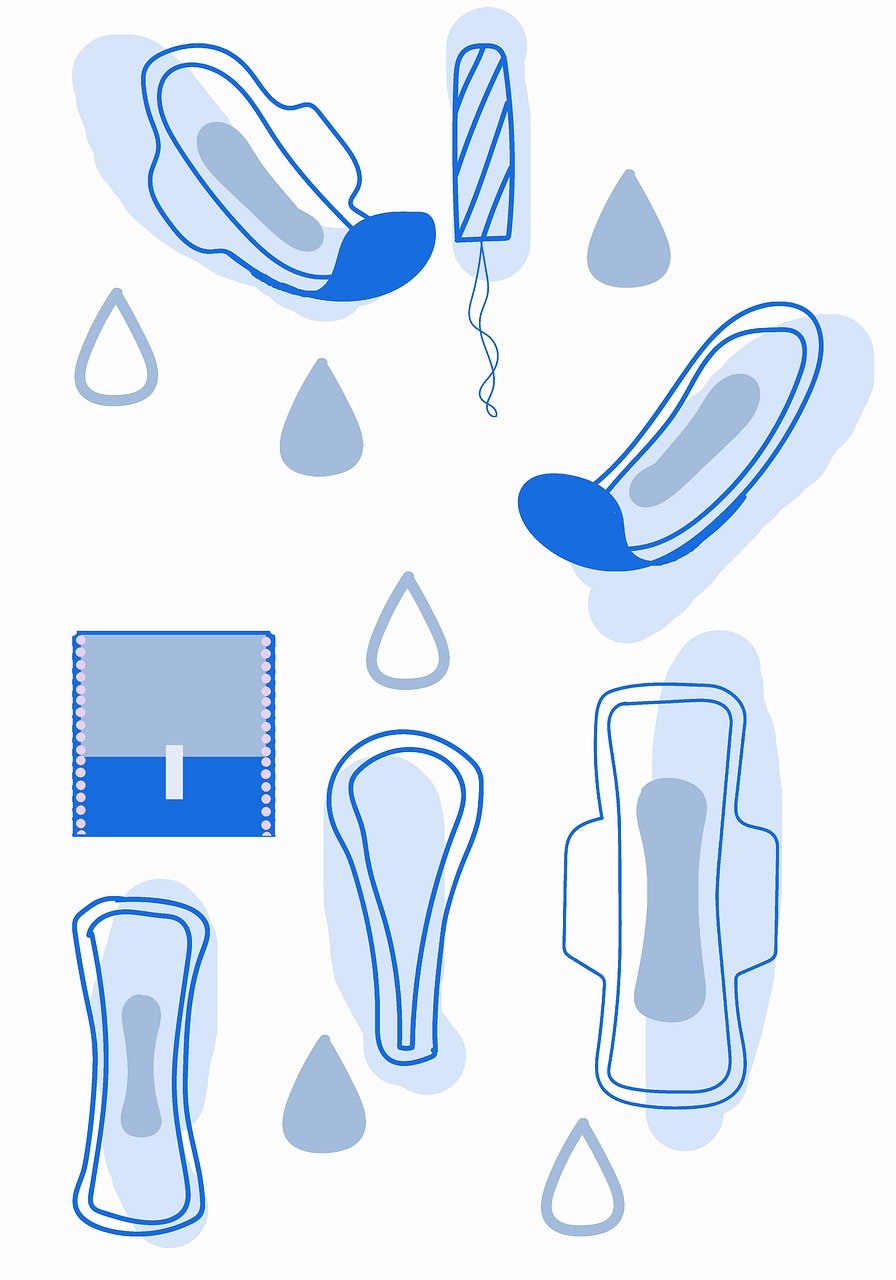Heavy periods (also called menorrhagia) are common and may just be normal for a person. Treatment can help if they're affecting daily life.
Check if a person has heavy periods
A person may have heavy periods if they:
- need to change their pad or tampon every 1 to 2 hours, or empty their menstrual cup more often than is recommended
- need to use 2 types of sanitary product together, such as a pad and a tampon
- have periods lasting more than 7 days
- pass blood clots larger than about 2.5cm (the size of a 10p coin)
- bleed through to their clothes or bedding
- avoid daily activities, like exercise, or take time off work because of their periods
- feel tired or short of breath a lot
Causes of heavy periods
It can be normal to have heavy periods.
They can sometimes be heavy at different times, like when a person first starts their periods, after pregnancy, or during menopause.
Sometimes, they can be caused by:
- conditions affecting the womb, ovaries or hormones, such as polycystic ovary syndrome, fibroids, endometriosis, adenomyosis, and pelvic inflammatory disease
- some medicines and treatments, including some anticoagulant medicines and chemotherapy medicines
- stress and depression
Rarely, heavy periods can be a sign of womb cancer.
Non-urgent advice: See a GP if:
- heavy periods are affecting life
- a person has had heavy periods for some time
- they have severe pain during their periods
- they bleed between periods or after sex
- they have heavy periods and other symptoms such as pain when peeing, pooing or having sex
Treatment for heavy periods
Heavy periods do not always need to be treated. But there are treatments that can help if they’re affecting daily life.
Treatments from a GP include:
- some types of contraception, such as an intrauterine system (IUS) or the combined contraceptive pill
- medicine to help reduce the bleeding, such as tranexamic acid
- prescription-only anti-inflammatory painkillers, such as mefenamic acid or naproxen
A person should have a blood test to check if they have iron deficiency anaemia.
If these treatments do not work or a GP thinks a condition may be causing heavy periods, they’ll usually refer the person for tests or to see a specialist.
